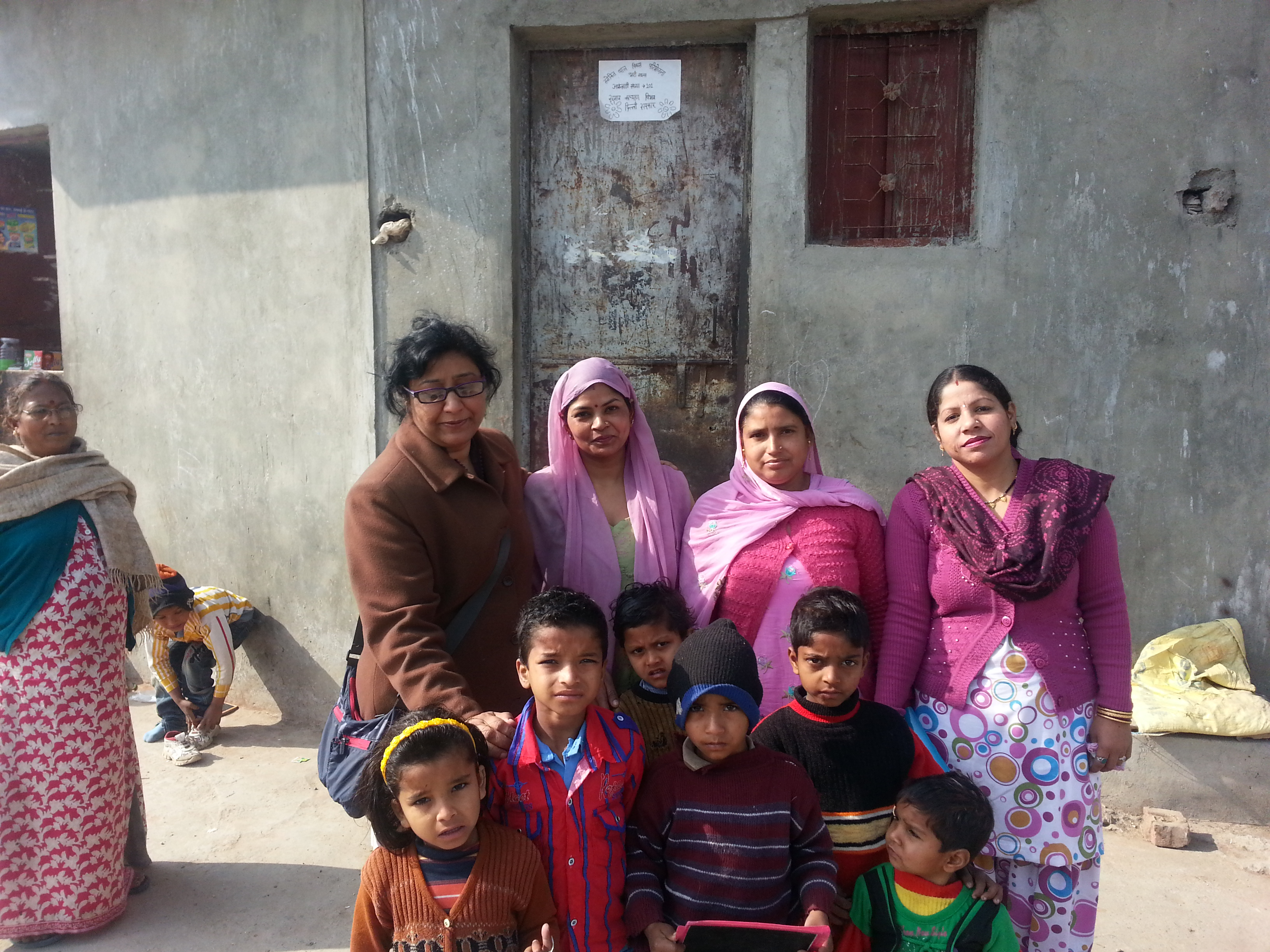
Community Participation
Community participation is the process by which individuals and families assume responsibility for their own health and of the community they live in.
Community participation ensures the following:
1. Self-reliance and sustainability:
a. Individuals come to know of the health problems of the community and learn the ways and means of overcoming these. They no longer are mere passive beneficiaries of Government aid.
b. They can demand supplies from the administration for health work.
2. Overcoming cultural barriers to healthcare:
a. They don’t remain obliged to accept conventional solutions to their problems if these are in conflict with local culture. They can improvise and innovate to make these suitable.
b. Of course they need to be trained and acquire this capability for this and have to consult technical persons for the validity of the improvisation. It is the responsibility of the health system to explain and provide clear information about the favourable and adverse consequences of these interventions.
3. Better communication with the community:
Health education can penetrate better in the community if the trained community workers are involved and motivated. Also the specific concerns of the community are conveyed better to the planners
4. Community can provide labour and even financial resources for healthcare if needed
According to WHO, the most realistic method of attaining community participation is to employ ‘community health workers’.
• The community health worker provides the first level of contact between individuals and health care system.
• They can be trained in short time to perform specific tasks and carry out a vast range of activities. They come from and are chosen by the community they live in.
• Training and re-training of these workers is the responsibility of the administration.
• When more complicated care or advice on complex problems is required, the community health workers should have access to technically trained staff.
Examples of community participation in India:
1. Village Health Guides (now discontinued)
2. Accredited Social Health Activist (ASHA)
3. Anganwadi worker (AWW)
4. Trained Dais
5. Village Health Sanitation and Nutrition Committee
The immediate technically trained worker above them is the Auxiliary Nurse Midwife (ANM)
